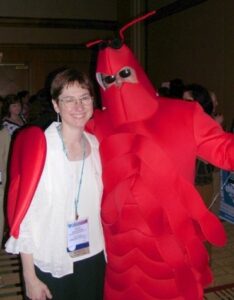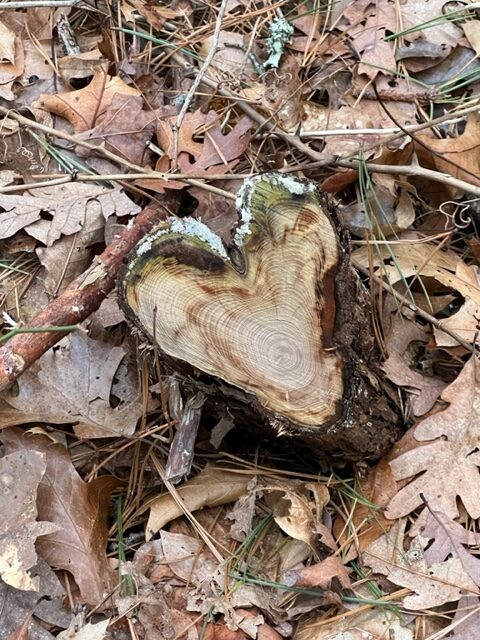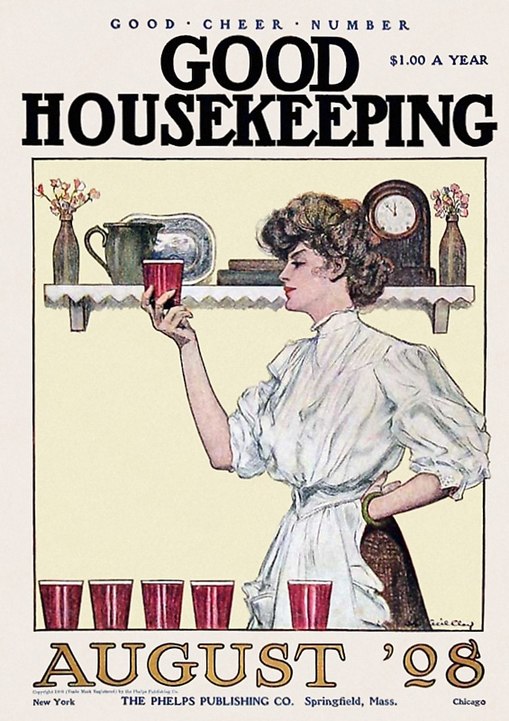By: Rick Snyder, Senior Consultant
In my last post, I wrote about how I landed in research, why I stuck around, and the pride and fulfillment I’ve felt in my career. Now, two years later, I’m back to say that nothing has changed. I still think I have one of the coolest jobs in the world and I continue to get satisfaction from helping some wonderful organizations do great work. I still enjoy it and (usually) don’t mind going to work each day.
When I wrote that love letter to research, I was feeling particularly introspective and nostalgic about my career. I’ve continued to jot down my thoughts and reminiscences since then, knowing that I’d be back here again someday. These musings about my experience as a researcher all have contributed in some way to my overall feeling of job satisfaction and pride in my work.
Long, long ago…
When I fell into this job 30 years ago prospect research was still a rather new profession, having started maybe a decade earlier. It was a very different job then in a number of ways, particularly in terms of the resources we have. We take for granted the ease with which we can do our jobs today. The tools we accept as the norm now didn’t exist and were hardly imaginable. When I started in research, Google had yet to be founded. Take a moment and think about how you would do your job without something as basic as a search engine. Today’s indispensable resources and websites will eventually be quaint artifacts and tomorrow’s haven’t even been thought of yet.
Most of the research we did early on came from print media. If we didn’t have it on the office shelf we went to the library. We relied on sources like the Directory of Corporate Affiliations, Who’s Who, The Blue Book, and The Social Register. The biggest horror, at least for an introvert like me, was having to call assessors’ offices to get property values. They weren’t available online yet and there wasn’t even a hint of something like Zillow. Even though property information is supposed to be public, imagine calling an office in a small, rural town where everyone knows everyone else and having the clerk get testy and grill you on why you’re asking.
Ask any of us old-timers about using a service called DIALOG and watch us grimace. It was one of the earliest online databases of news and reference resources, available primarily in academic libraries. It was clunky to navigate and had an arcane structure. Each resource had a different cost to access, and it wasn’t always clear what that cost was. It was not at all unusual to poke around trying to find something, often coming up empty-handed, then discovering that your five-minute search literally cost hundreds of dollars. It still makes me shudder.
A week or so ago I saw an article that made me stop and think – a list of the wealthiest zip codes in the U.S. Rather unremarkable, right? What gave me pause wasn’t the content, but recalling how much excitement a list like this generated back when I started out. It was one of the key tools we used in prospecting. I can probably still name the top 20 towns off the top of my head. It may still have some utility, but we have better, more powerful tools at our disposal now. A vivid reminder was provided recently when a vendor did a product demo for us and with a few mouse clicks was able to deliver information that would take hours to do manually. Imagine you’ve been building a house using a handsaw and you’re suddenly given a power saw to use. The end result would be the same with either tool, but one helps you get there a heck of a lot easier.
While online resources and services have made our work far easier, we’ve also been fretting for just as long about them making our jobs irrelevant. The reason it hasn’t happened yet is that human input and intervention still add value to what we do. Even though database screening and data analysis have evolved and improved dramatically over the years, it still requires our skill to work with the results. Imagine handing over raw screening results to your frontline staff. Hilarity will ensue. What about AI? How will that impact our work? Is it going to be another resource in our toolbox or is it going to make our jobs redundant? Are we fighting a losing battle against the machines? I want to believe not. My hope is that no matter how good it gets, we are still going to be indispensable. It’s incumbent on us to prove that we are. A vital part of our job is providing context and analysis. Keep that front and center.
And now…
What do these reflections on the good old days have to do with Research Pride, you ask? Each of these things has added to my collective, accumulated experience. Whenever I look back at it, I’m reminded how much I’ve always loved what I do. If I’d spent 30 years in a static environment, I doubt I’d be writing this now. But this profession has evolved repeatedly over the years, keeping it fresh and interesting. Helen wrote in a recent post that the work we do is an integral part of a solid development operation and we should take pride in our contributions to that. The methods we use have changed, but what we provide – actionable intelligence – has remained as essential as ever. I’m proud of the skill set I’ve developed and that I’ve been able to use it to help numerous organizations do great work. I’ve been learning constantly from the first day until now. As a curious person, there’s great satisfaction found in coming across new things. This job delivers that nearly every day.
And finally, two years ago I wrote that I’d been feeling introspective due to seeing my retirement coming in the not-too-distant future. Well, that future has crept even closer. Lord willin’ and the creek don’t rise, I will be taking some form of retirement – partial, full or something else – this fall. I’ll mark my 20th anniversary with the Helen Brown Group in October and it seems like a fitting time for me to transition into something different. I’ve spent a lot of time thinking about my career – where I am and how I got here – and I can gladly say that I’ve enjoyed and have been proud of the journey. I hope that all of you are able to find similar satisfaction in your careers.







